Interprofessional Training for Tinnitus Researchers and Clinicians (Tin-TRAC) will create digital resources that are going to be available to a wide audience of healthcare professionals, clinicians and researchers for the purpose of integrating tinnitus assessment and management in terms of clinical and research practice throughout EU. Tin-TRAC’s co-creative health culture and audio-visual resources aim to be understandable from patients and professionals from varied background, via a horizontal thematic approach to exploit recent (neuro)scientific advances on the field and acquire tinnitus specialized skills, through webinars, workshops, scientific exchange and innovative learning objectives.
Tin-TRAC exploits, complements and expands the output of the Horizon 2020 project UNITI (Unification of Treatments and Interventions for Tinnitus Patients). The dissemination and exploitation of the outcome will be done both at educational authorities such as the universities and research centers, as well as at clinical centers and patient associations across EU.
Hence, Tin-TRAC will:
- Provide a pan-European framework for interdisciplinary exchange of knowledge and cooperation.
- Identify the best practices, policies and methods regarding specialized training across Europe and organize customized training programs for researchers and clinicians throughout different European facilities.
- Offer the possibility of collaboration with organizations in other sectors in order to stimulate a more comprehensive, rapid, effective and long-term response to tinnitus patients.
- Exploit co-creative practices on the preparation and dissemination of comprehensive high quality educational material on globally accepted guidelines on tinnitus assessment and management.
Train possible future trainers of health care professionals. Multiply impact, create long-term effect Besides the training material, the MOOC and the RLOs, Tin-TRAC will comprise a needs analysis, pointing out the educational needs regarding Tinnitus management, including raw data from the partner countries; the evaluation of the project results for the provision of feedback and the improvement of the project as well as a best practices a recommendations report, aiming to encourage and inform similar initiatives.

